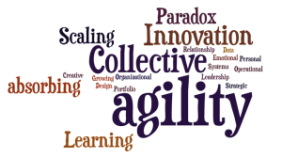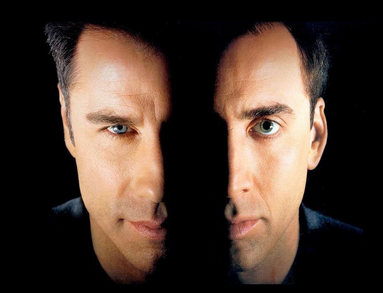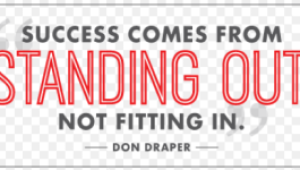 Today we see a new commission elected in Europe. As a European you always want this to be a new beginning, a new hope, having plenty of ambition, perhaps a new start for Europe.
Today we see a new commission elected in Europe. As a European you always want this to be a new beginning, a new hope, having plenty of ambition, perhaps a new start for Europe.
Jean-Claude Junker has become the new president of the European Commission and along with his new Commission team has been setting out their priorities for regaining momentum for Europe.
I was re-reading Mr Junker’s policy agenda based on “Jobs, Growth, Fairness and Democratic Change” and you realise not just the complexity and challenge all this entails, bringing 28 countries along still, it seems, a pathway that still talks “a single union.”
It prompted this post.
Continue reading “Lay out the path, get out of the way but give me ambition please.”









